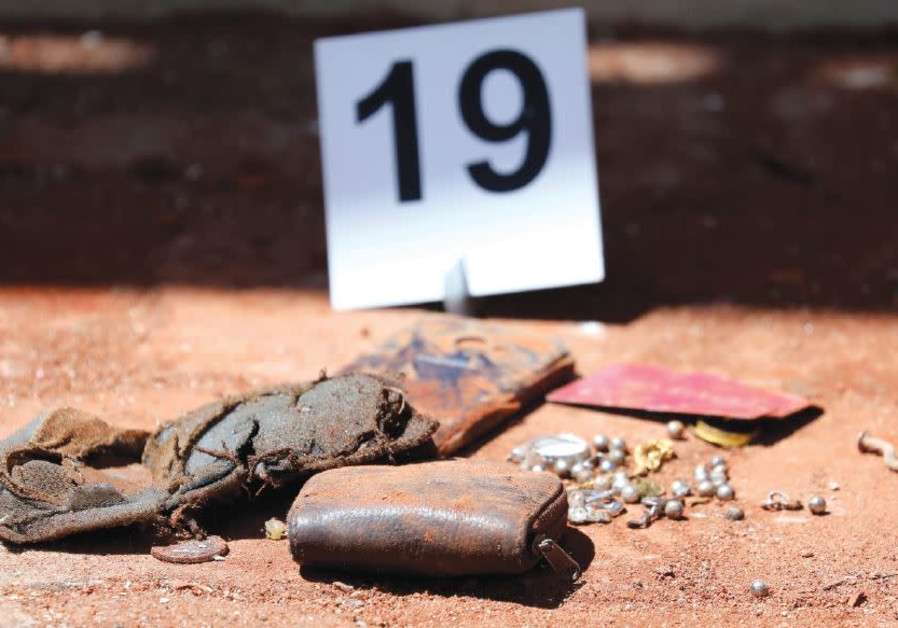After the Christchurch attack references to the perpetrators “manifesto” were largely absent and there were calls to ban the manifesto or make it difficult to find online.
Seth J. Frantzman

On Tuesday Sri Lanka’s Minister of Defense Ruwan Wijewardene stated that a preliminary investigation had revealed “that what happened in Sri Lanka was in retaliation for attack against Muslims in Christchurch.” This is now being widely reported as fact. However, just as the Christchurch perpetrators stated motives were not accepted as a narrative, neither should the propagandistic motives of the Sri Lanka attackers be given credence.
After Christchurch world leaders and New Zealand came together in solidarity against hatred. “There can be no place in our societies for the vile ideology that drives and incites hatred and fear,” the UK’s Theresa May said. “We grieve with you and the Muslim community. All of us must stand against hatred in all its forms,” tweeted former US President Barack Obama.
The Christchurch gunman decorated his rifles with references to a worldview that, like Sri Lanka, also enshrined “retaliation” as a motive. He added names from history of Christian commanders who had fought Muslims, for instance various warlords and soldiers from the Balkans who had once fought the Ottoman Empire. TRT termed this “the Islamophobic signs that defined the Christchurch terrorist.” Revenge is part of the narrative that many terrorists use to justify their murders. For instance the New Zealand murderer also included the name of an Italian who had shot people in “revenge for the death of a local woman” who had allegedly been killed by migrants. Whether it is AL Qaeda terror attacks, or Hamas bus bombings, there is always a “revenge” narrative that gives the perpetrators drive.
After the Christchurch attack references to the perpetrators “manifesto” were largely absent and there were calls to ban the manifesto or make it difficult to find online. This was to prevent the perpetrator’s worldview, including his own “retaliation” narrative from spreading. Political leads showed solidarity with victims through prayer and wearing symbolic head coverings and spoke of the need to stop hatred.
In Sri Lanka the movement away from examining how the perpetrators were able to assemble their bombs and how they were able to penetrate various venues, despite security warnings that were known since April 4, is an important part of the investigation. The assumption that one of the most complex and deadly terrorist attacks in history could have been planned after the March 15 Christchurch attack in “retaliation” has not been proved. How could terrorists, of which there were at least eight suicide bombers, have planned a attack within two weeks, since information about the threat first surfaced on April 4, when the attack plan was already in motion. In addition there is no reason to accept the theory that murdering innocent people in Sri Lanka can ever be in “retaliation” for something that happened in Christchurch.
By repeating the claims of the perpetrators and giving their claims credence the “retaliation” narrative risks excusing their acts and providing a reason for it, without taking into account the ideology of hatred that drove the attack and the likely more complex way in which the attack was planned. Skepticism is important in addressing the claims both of local officials, who are under withering criticism for not doing more about the April 4 warning of attacks, and being skeptical of the early narratives being put forward.
Content retrieved from: https://www.jpost.com/International/Do-not-accept-the-retaliation-narrative-for-Sri-Lanka-analysis-587665.